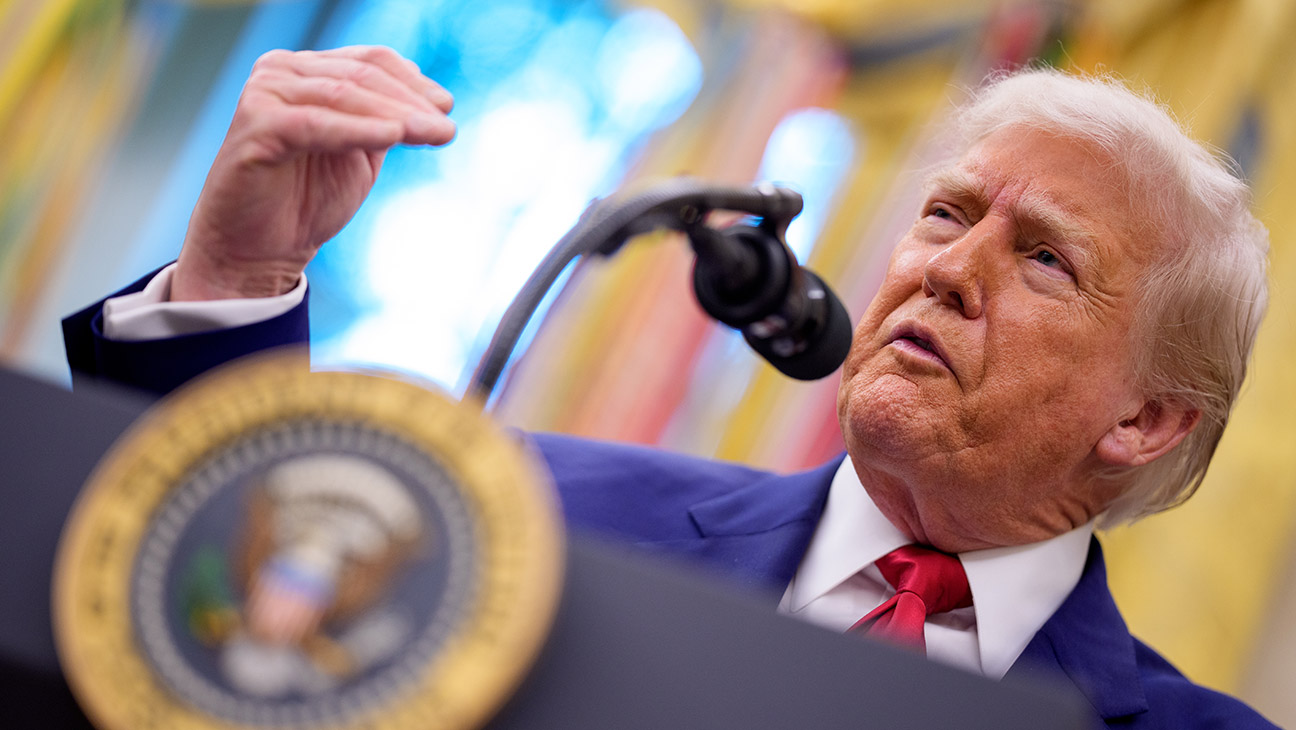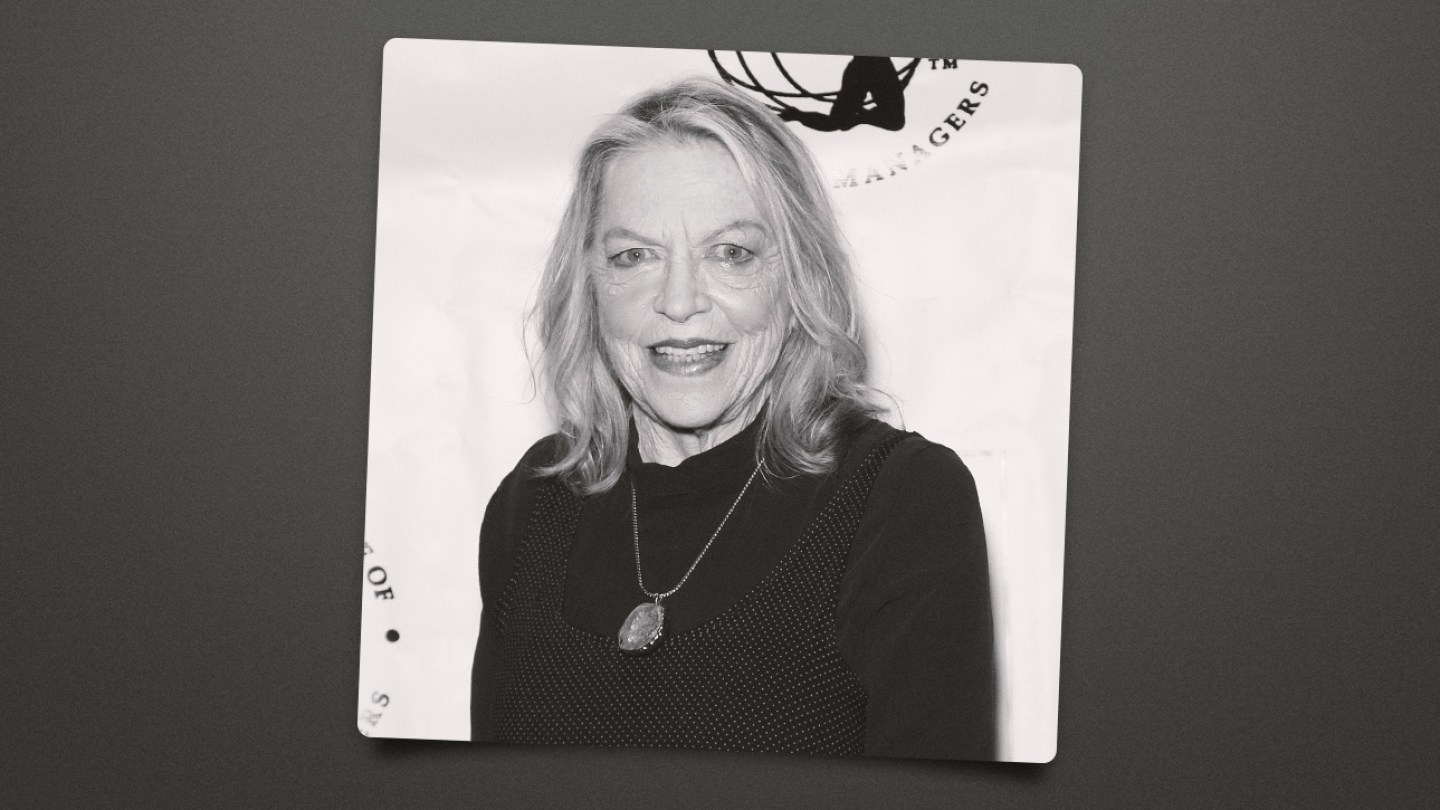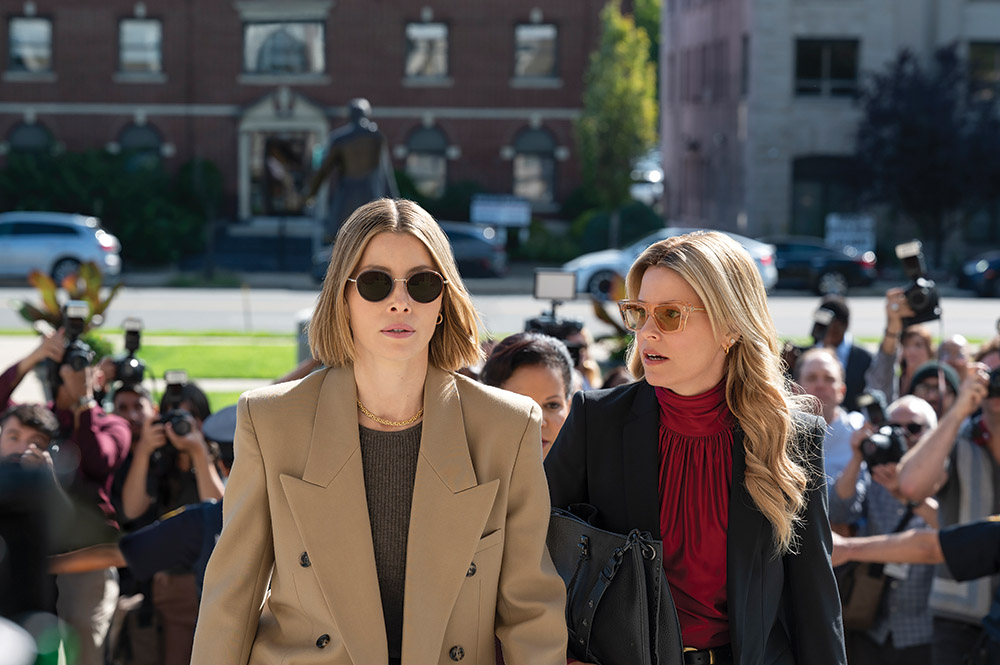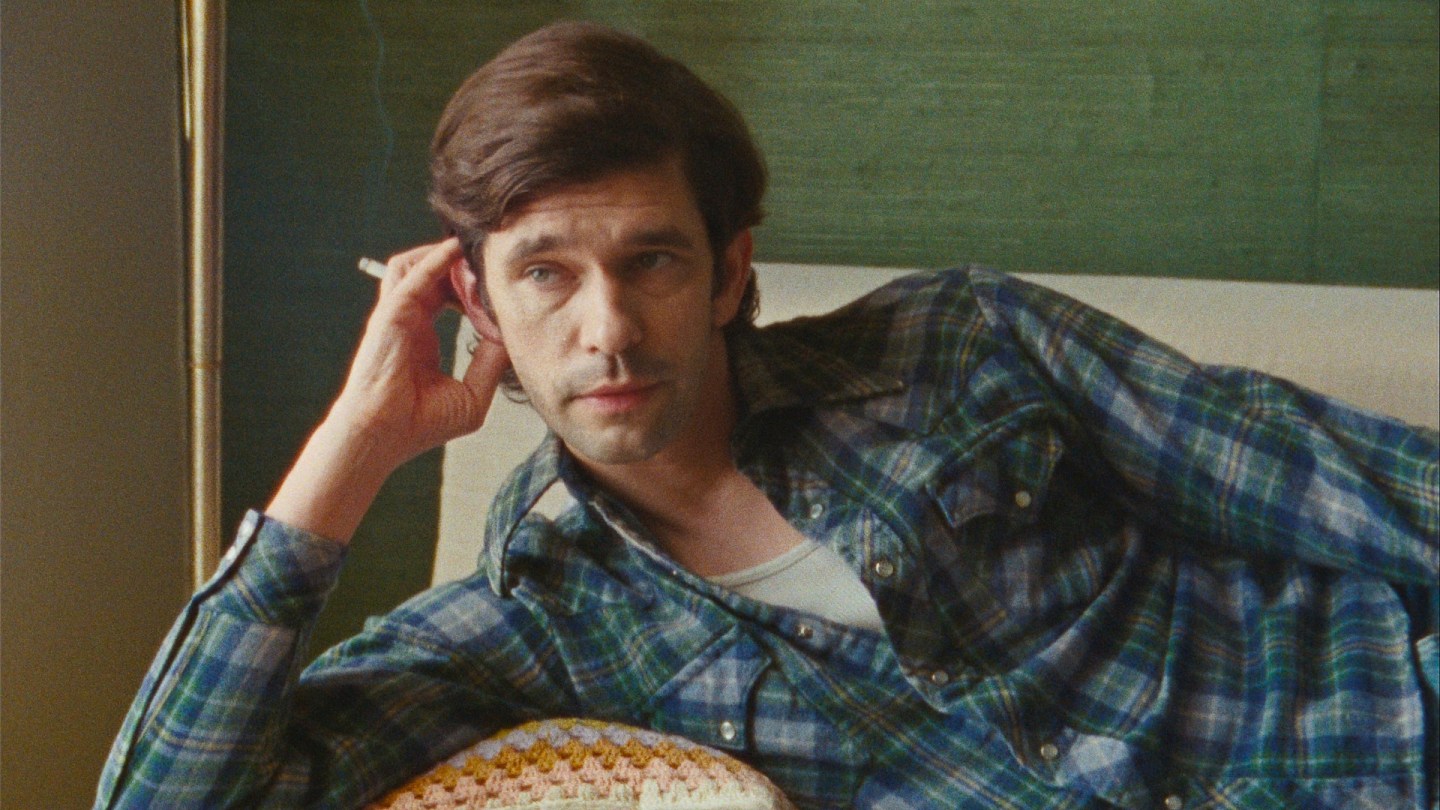
At this year’s Cannes Film Festival, Palme d’Or winner Jafar Panahi delivered the ultimate rebuke to the attempted censorship of art: His acclaimed It Was Just an Accident, in which a group of ex-prisoners kidnap their torturer, was made only a short time after his seven-month prison sentence. Over the years, Panahi has confronted attempts to restrict his work through various clandestine methods that may be instructive to Americans in the present climate.
If that sounds extreme, look at the evisceration of recent National Endowment for the Arts grants that have proved vital to America’s film culture. These decisions suggest an effort to suppress all but the most overt nationalistic efforts from American artists, a fool’s errand given the outspoken nature of the creative community, and one that is not unfamiliar around the globe. Censorship has wormed its way into American cinema.
In many other countries, efforts to reduce creativity to propaganda often lead to filmmakers navigating the system in unique ways, with some recent examples on display at this year’s Cannes. We’ll get to that shortly, but first, it’s worth considering the immediate impact of the assault on the NEA.
The organization’s effects may register as minimal relative to film-financing efforts overseas. Watch any random movie in the Cannes selection and you’re bound to see a parade of opening credits signaling production resources from across Europe, including many national film funds. America has never possessed any public financing body on that scale, but for years, at least it had the NEA.
A week before Cannes, the Trump administration eliminated countless NEA grants that recipients — from theaters to arts organizations — expected to receive. Last summer, I served on an NEA panel that selected a few of these finalists. While I’m not at liberty to reveal those entities, many of them were critical to the support system necessary for cinema to thrive on America’s margins: The list included film clubs, festivals, screening series, and other collective efforts to sustain an expansive presence for moviegoing beyond the biggest commercial offerings.
These funds rarely exceed tens of thousands of dollars, but they help sustain organizations that foster filmmaking on the local level, efforts that help ensure both audiences and artists continue to engage with movies as a part of America’s entertainment infrastructure. The decision to disburse these funds unfolded under circumstances rarely discussed in public due to a confidentiality arrangement that, as far as I’m concerned, has been nullified by the cancellations.
It was a democratic process the whole way through. NEA administrators shared dozens of applications for panelists to review and required that we share not only numerical scores but written comments for each one. This was followed by a series of Zoom conversations that allowed for greater nuance in the decisions made. In essence, the American government outsourced its support of the arts to the creative community.
Throughout the deliberations, nobody used the letters “DEI” to justify their decisions, though the future administration would later claim such logic was behind many of the canceled grants in the months to come. Instead, many of the conversations centered around geographic balance, as applicants from underserved arts communities in states ranging from New Mexico to Florida received special attention, even as established entities in big cities sailed through based on their obvious institutional needs.
Because panelists had to provide written feedback with each application, it wasn’t possible to simply skim applications for appealing buzzwords. By paying close attention to each submission, panelists grappled with not only the specific needs, but how each organization or entity made the case. As a result, in early June, we convened to discuss a final top 10 that included a major university as well as several film festivals and financing bodies from across the country. Sure, some of them supported underrepresented communities – but they did more than that. Ironically given the rhetoric around tariffs and overseas filmmaking taking away American jobs, these resources would have provided a valuable foundation for more production to take place on the local level. Instead, their cancellations amount to explicit censorship, as well as missed opportunities for economic growth.
In light of that, this year’s Cannes lineup was instructive in unexpected ways, as it demonstrated the way certain filmmakers navigate their own autocratic threats to freedom of expression. Only at Cannes could one find immediate parallels between Iran, Israel, and Ukraine. All three countries produced major cinematic works that contend with life under oppressive leadership, despite those countries having oversight on the stories they tell.
Panahi’s It Was Just an Accident is a searing indictment of the country’s regime. It’s safe to say that no major filmmaker has courted the animus of his government as much as Panahi, who has found savvy ways to direct movies even while officially banned from making them.
His diary-like home production This Is Not a Film was produced under house arrest, while the masterful Taxi was shot within the confines of a cab that the director himself drove around Tehran. Panahi was jailed for nearly seven months between 2022 and 2023, but stuck around upon his release to make It Was Just an Accident with his usual savviness. According to sources on the production, Panahi submitted the project to Iran’s Ministry of Culture for shooting permits by describing it as a documentary. Sometimes you have to break the rules to produce the art worth fighting for.
Then there is Nadav Lapid’s Yes, which follows a hard-partying Tel Aviv couple conflicted over the war in Gaza. Lapid has long cast a critical gaze on his country with celebrated works such as Policeman and Syndromes, but Yes marks his first undertaking since the October 7 attack. It’s a brazen and shocking satire of a nation living comfortably while unspeakable horrors take place on their doorstep.
Directing the movie in the immediate aftermath of Israel’s Gaza invasion, Lapid had to work under guerrilla conditions, outsourcing his financing needs to France, and finding additional support from the independent financing body the Israel Film Fund. Lapid reportedly gained a secondary citizenship in France to receive international financing as a means of overcoming the limited support he received on the homefront, where the government was wary of his production during such divisive times.
Censorship has gradually crept into Israeli society, with the government often taking a hardline against even the hint of pro-Palestinian sentiments in locally-produced art. Lapid’s new movie certainly has that, though it couches the perspective within a pair of protagonists clearly divided over their allegiances. This appears to have been a storytelling tactic that allowed the movie to sneak through the hurdles necessary to get made.
One last example stems from a subtler form of censorship. In 2023, Ukrainian director Sergei Loznitsa was booted from the Ukrainian Film Academy after he voiced opposition to the decision to exclude Russian films from the European Film Awards. “Many friends and colleagues, Russian filmmakers, have taken a stand against this insane war,” Loznitsa wrote in an open letter at the time. “They are victims, as we are, of this aggression.”
Loznitsa’s latest movie, Two Prosecutors, serves as the next stage of that response. Set in the Soviet Union circa 1937, the bracing drama finds a newly graduated law student attempting to exonerate an imprisoned prosecutor falsely accused by Stalin’s regime. An idealist who believes in the law, the a young prosecutor finds himself lost in a Kafkaesque labyrinth of prison cells in his efforts to locate and assist the prisoner – who has resigned himself to his fate. Despite the gloomy overtones, Loznitsa’s powerful movie asserts that goodness hides within the confines of institutional control, worming its way through the boundaries of bureaucratic red tape in an effort to do some good.
In America, there is no shortage of similar stories demanding to be told, no matter the economic censorship that might slow them down. Seek international support, bury the lead, or hide in the shadows to make the work as pure as possible: These are the global lessons for America from this year’s Cannes Film Festival.
#Trump #National #Endowment #Arts #Grant #Theyre #Selected






